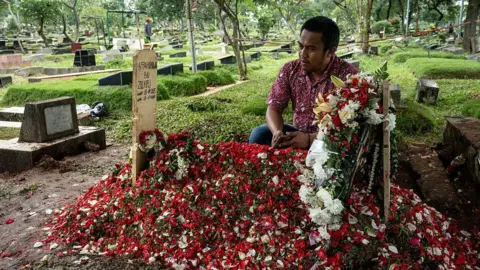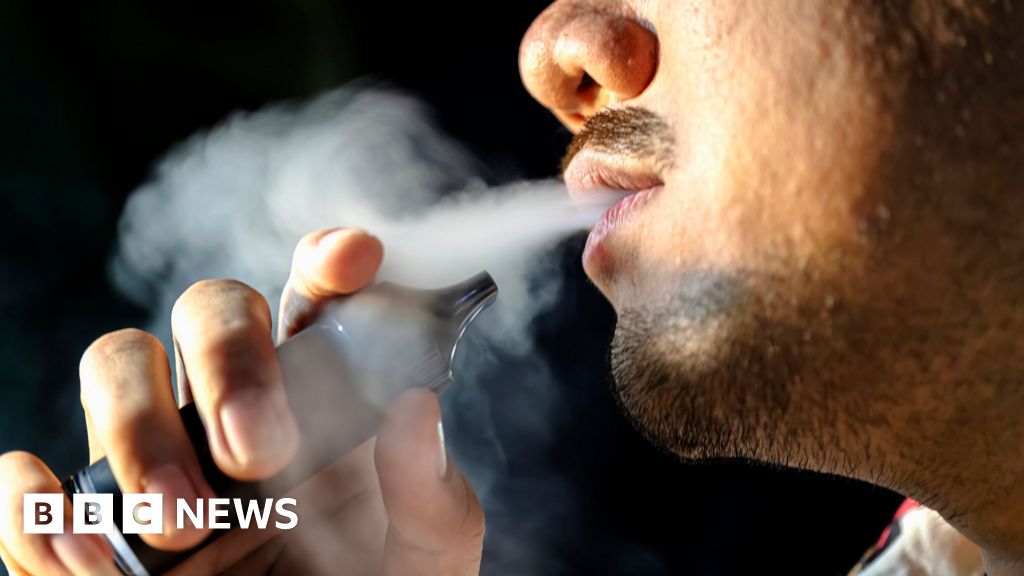Indonesian authorities have made significant strides in disrupting an international baby trafficking operation, with recent arrests shedding light on this alarming crime. As reported, police have arrested 13 individuals linked to the syndicate that has allegedly sold at least 25 babies to buyers in Singapore since the beginning of the year.
This operation, which has its roots in the Indonesian cities of Pontianak and Tangerang, involved the rescue of six infants who were on the verge of being trafficked. According to West Java Police's Director of General Criminal Investigation, Surawan, the infants were reportedly prepared for sale even before birth, with potential buyers showing interest while the mothers were still pregnant. "Some babies were even reserved while still in the womb," Surawan disclosed.
The trafficking network operated by targeting parents and expectant mothers who were often in dire financial situations and did not wish to keep their babies. Police revealed that initial contacts were made through social platforms like Facebook, before moving to more private messaging apps such as WhatsApp. Traffickers would then cover delivery costs and provide compensation to the mothers before taking possession of the infant.
After birth, the babies were kept for two to three months with caretakers to avoid arousing suspicion before being transported for fraudulent document preparation, which included fake birth certificates and passports in Jakarta and Pontianak. The reported cost for each baby ranged from 11 million to 16 million Indonesian rupiah (approximately $673 to $1,047).
The investigation has emphasized that most individuals arrested were part of a larger syndicate that included recruiters, caretakers, and document forgers. Some of the trafficked babies, mainly from West Java, fell victim to this illicit operation due to parental agreements rather than outright kidnapping, with the latter reported only when monetary transactions went awry.
Facing a daunting task, Indonesian police are working closely with Interpol and their Singaporean counterparts to locate and apprehend members of the syndicate still at large and the buyers of the infants. It is suspected that many parents agreed to the arrangement due to financial hardship, and authorities have warned that they too could face criminal charges.
Child protection advocates in Indonesia lament that syndicates often target women in vulnerable situations, including those who may have faced abandonment or unplanned pregnancies due to various unfortunate circumstances. With abortion heavily restricted in Indonesia, the illegal sale of babies has become a concerning reality for many.
Ai Rahmayanti, an official with the Indonesian Child Protection Commission, remarked on the practices of these syndicates, noting that they often position themselves as compassionate entities, such as clinics and shelters, presenting deceptive offers that exploit desperate women. The commission has witnessed a troubling rise in child trafficking cases, with reports increasing significantly over recent years.
As the investigation progresses, Indonesian authorities are determined to dismantle these networks and protect the most vulnerable members of society from such heinous crimes.




















